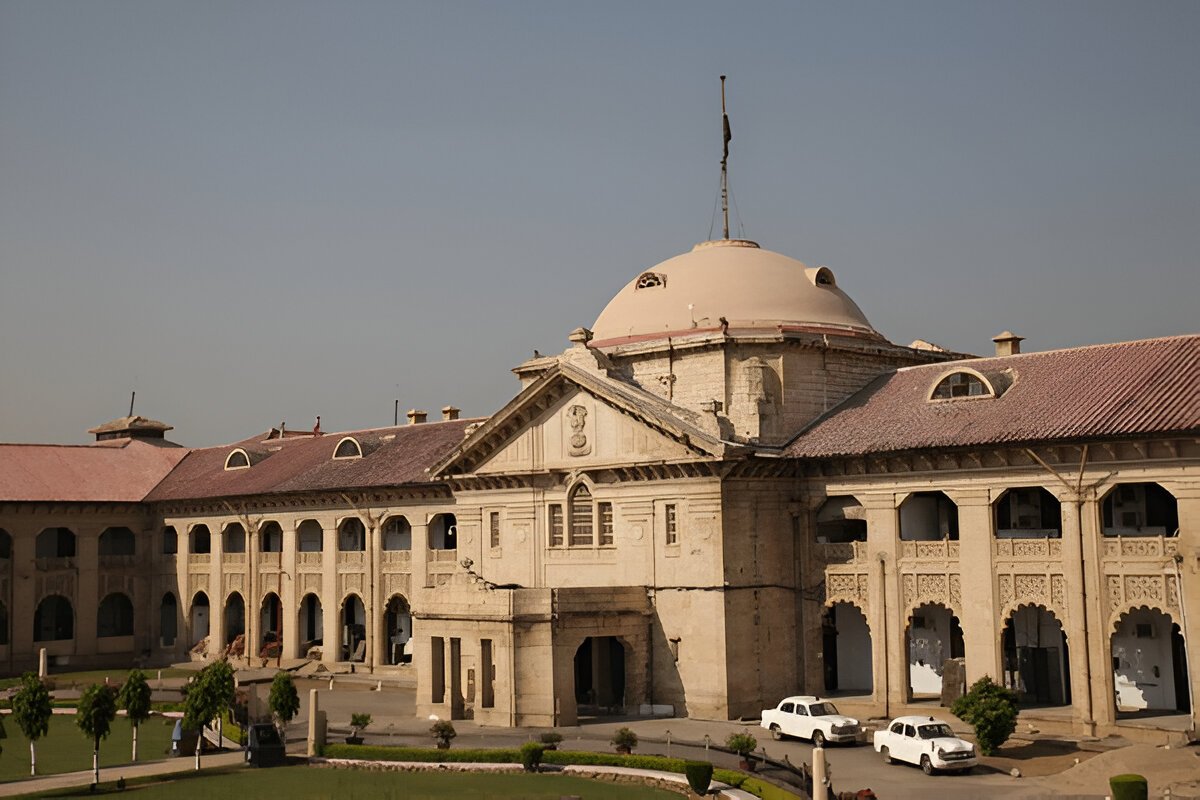The respondents (petitioners) approached the Allahabad High Court seeking a writ of mandamus to compel the appellants (authorities) to grant them a license to trade in birds bred in captivity. The High Court ruled in favor of the respondents, allowing the license. Dissatisfied with this decision, the appellants challenged it before the Supreme Court.
Issues Before the Court
- Whether the respondents were entitled to a license renewal for trading in birds listed under Schedule IV of the Wild Life (Protection) Act, 1972.
- Whether the amendment to Section 9 of the Act, which expanded the definition of "hunting" to include "trapping," prohibited the granting of such a license.
- Whether the licensing authority could refuse a license if the applicant’s past transactions involved hunting or trapping.
Arguments
Respondent’s Argument:
The respondents argued that they had previously been granted a license to trade in birds listed under Schedule IV of the Act. Since there was no change in circumstances, they were entitled to a renewal of the license.
Appellant’s Argument:
The appellants contended that the amendment to Section 9 of the Act expanded the definition of "hunting" to include "trapping" of birds. As a result, granting a license for trading in such birds would violate the Act. They further argued that while breeding birds in captivity is not prohibited, a license cannot be issued if it facilitates any violation of the Act, such as hunting or trapping.
Analysis of the Court
The Supreme Court overturned the High Court’s decision, emphasizing the following points:
- Prohibition of Hunting and Trapping: The Court held that hunting, which now includes trapping, is prohibited under the Act. Therefore, no license can be granted for trading in birds bred in captivity if they were procured through hunting or trapping.
- Distinction Between Breeding and Trapping: The Court distinguished between breeding birds in captivity (which increases their population) and trapping birds (which involves capturing them from the wild). It clarified that breeding in captivity is permissible, but trapping is not.
- Past Transactions Matter: The Court ruled that if evidence shows that the licensee’s past transactions involved trapping or hunting, the refusal to grant a license is justified. This ensures that licenses are not granted to individuals or entities that violate the Act’s provisions.
Concluding Remark
This judgment reinforces the strict interpretation of the Wild Life (Protection) Act, 1972, emphasizing the protection of wildlife from exploitation. By linking past transactions to the licensing process, the Court ensures that licenses are granted only to those who comply with the law’s intent to protect wildlife. For the common man, this decision clarifies that trapping birds is illegal and punishable under the Act. It also highlights the importance of ensuring that licenses for trading in wildlife are granted only after thorough scrutiny of the applicant’s past activities and compliance with the law. This ruling serves as a significant step toward safeguarding wildlife and preventing illegal activities like hunting and trapping.

